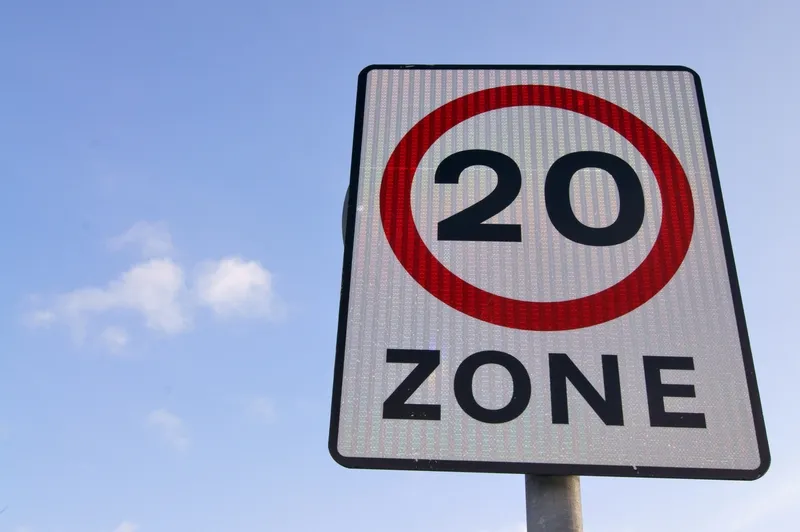Although the rule was first given its approval in March 2019 it has now been given its final acceptance by the European Council. In-car breathalyser technology is proven and a number of systems are already on the market.
The rules will also call for intelligent speed assistance (ISA) systems to be fitted. These have also been trialled and utilise proven technology. Using a combination of GPS location data and information from ground loops, the ISA technology is intended to prevent drivers from speeding.
However, there are many sceptics who believe the ISA technology will be less effective at reducing the incidence of crashes than claimed.
There is evidence that driver assistance systems have little or no benefit to road safety. There is also concern that driver distraction (and smartphone use at the wheel in particular) provides a growing risk of crashes, something these new rules overlook.
New safety rules being introduced for European vehicles
New safety rules are being introduced for vehicles in Europe. From 2022, new models of car sold in Europe will need an interface which enables an alcohol interlock to be fitted if, for example, required by a fleet operator or law enforcement. The reason for this change is that several EU countries require convicted drink-drivers to install alcohol interlocks in their car, and that process is complex and costly at present. A standard interface will make installing alcohol interlocks easier and cheaper accord
November 13, 2019
Read time: 2 mins
New safety rules are being introduced for vehicles in Europe. From 2022, new models of car sold in Europe will need an interface which enables an alcohol interlock to be fitted if, for example, required by a fleet operator or law enforcement. The reason for this change is that several EU countries require convicted drink-drivers to install alcohol interlocks in their car, and that process is complex and costly at present. A standard interface will make installing alcohol interlocks easier and cheaper according to the 1197 European Transport Safety Council (ETSC).






